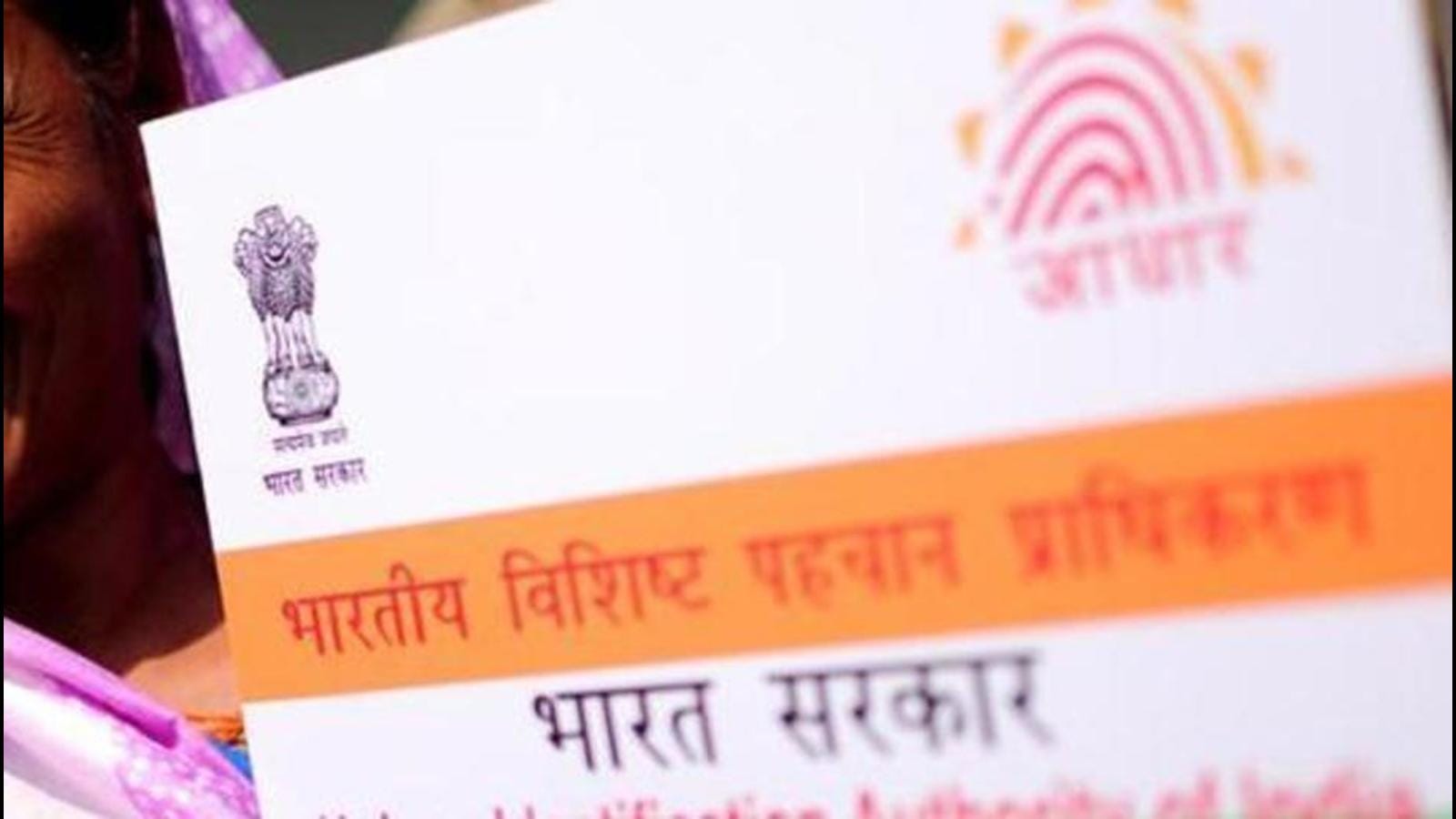Gradual Aadhaar authentication for 8 million existing GST firms on the cards
The Goods and Services Tax (GST) Council will next week consider a road map to gradually make Aadhaar-based GST authentication mandatory for about 8 million existing firms after it already made it compulsory for new registrations last year, two people aware of the development said.
As enforcement of Aadhaar authentication for 8 million existing GST-registered entities in one go is difficult, and the move would lead to sudden compliance burden for businesses, it has been proposed that the verification process be gradual, they said, requesting anonymity.
The matter will be deliberated at the 45th meeting of the Council, which will be held in Lucknow on September 17.
In order to filter out fake dealers and to check misappropriation of input-tax credit (ITC), the GST Council had, in principle, decided to make Aadhaar mandatory at its March 2020 meeting. Initially, it was decided to implement Aadhaar-based authentication for only new taxpayers from August 21, 2020. “The date to implement Aadhaar-based implementation was still pending for existing taxpayers,” one of them said.
“It is proposed that first Aadhaar-based authentication should be made mandatory for two sets of existing GST-registered entities – those who are seeking refunds, and those who apply for revocation of their cancelled registrations,” a second person said.
Also Read | India has lagged behind in textile exports. Can the sector become competitive?
Similarly, the requirement of Aadhaar authentication should be gradually increased for other processes, he said. At later stages, more processes could be included where Aadhaar authentication would be a pre-condition. For example, filing an application to make core amendment of registration, generation of e-way bills, filing an application for advance ruling, request for unblocking of e-way bills, filling appeals and taxpayers paying tax predominantly through input-tax credit.
The 45th meeting of the GST Council in Lucknow, which is the first physical meeting after the first wave of Covid-19 pandemic led to a 68-day nationwide lockdown from March 25, 2020, will also consider a proposal of Sikkim to levy a calamity cess in intra-state transaction, the first person said.
After Kerala, cash-strapped Sikkim may get approval of the Council to levy a calamity cess on power and pharmaceutical industry in the state. “This may pave way for many other states to demand similar dispensation in order to raise resources after facing devastating impact of Covid-19 pandemic,” he said.
“Sikkim has sought concurrence of the GST Council to impose a ‘Covid Cess’ in two sectors for two years [up to 2022-23] — pharma sector at the rate of 1% of the turnover, and at 0.1% per unit cess on the power sector. The pharma sector is chosen because it is one of the key manufacturing sectors of Sikkim and it has not been adversely affected during this period of lockdown,” he said. A group of minister (GoM), constituted by the Council, has endorsed Sikkim’s demand.
A similar request was received from Kerala after the 2018 floods. The Council referred the matter to a GoM on revenue mobilisation. The GoM also recommended the Council to consider allowing levy of a cess on intra-state supply of goods and services at a rate not exceeding 1% for a period not exceeding two years, he said.
For all the latest business News Click Here

